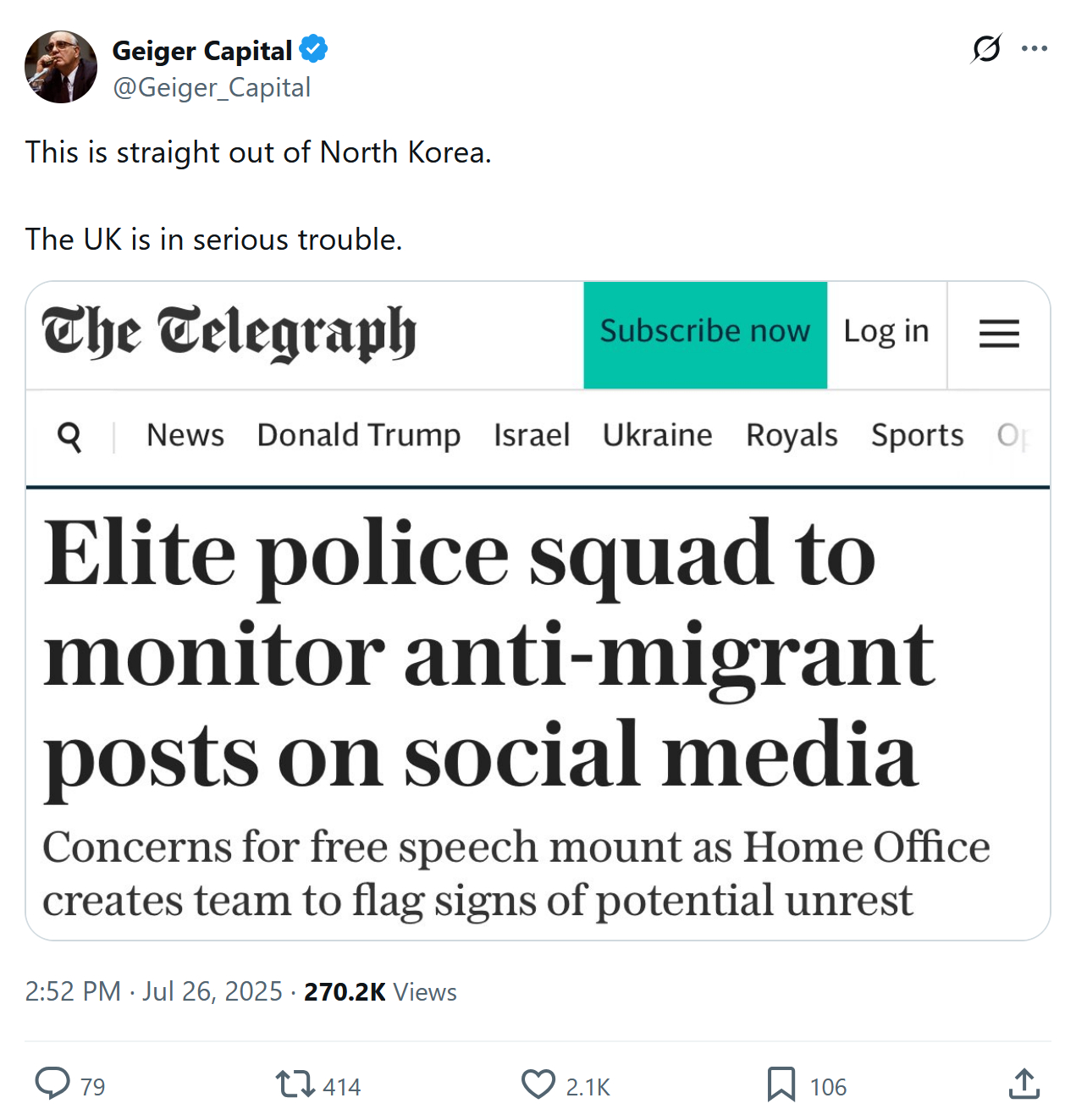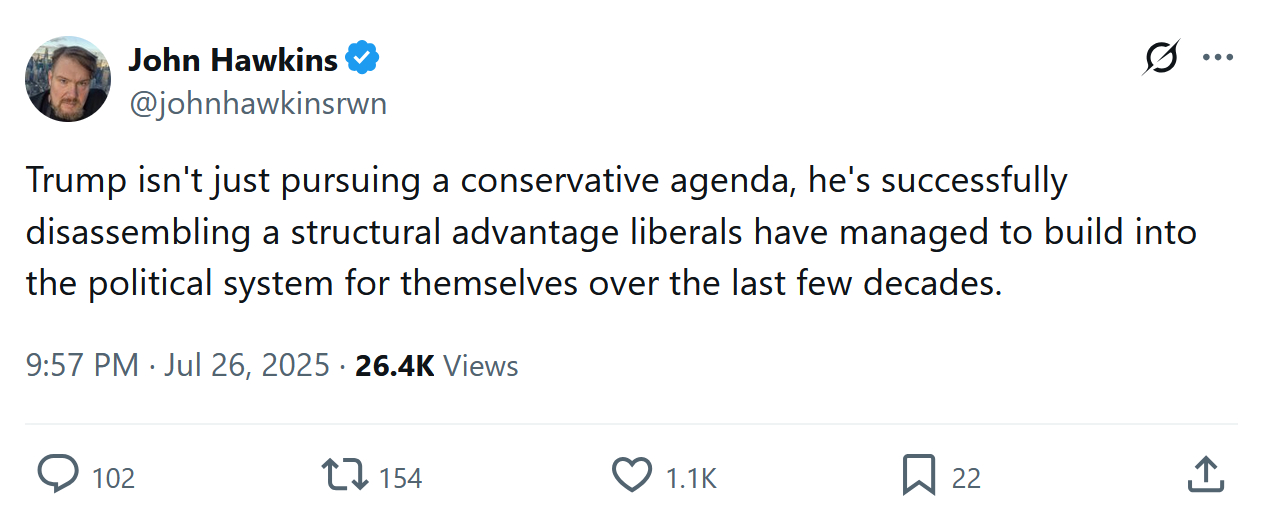ROGER KIMBALL: History’s Hard Lessons and America’s New Resolve.
Years back, Teacher’s Scotch ran a clever ad campaign on city buses. “In life, experience is the great teacher,” the ads read, “in Scotch, Teacher’s is the great experience.” Perhaps the second assertion is true; I’ll find out one of these days. But the first is certainly not true. Eisenhower hoped it might be, but here in London, anti-Semitism is alive and well, despite what Laplace once described as expériences nombreuses et funestes.
Of course, anti-Semitism is alive and well in the United States, too. But I suspect there is this difference. In the United States, virulent anti-Semitism is largely an elite phenomenon. It thrives in the Petri dishes of swank colleges and universities and a handful of cities. That’s where you see the Palestinian flags and shouts of “globalize the intifada.” (It is also, I am happy to say, where the Trump administration’s battle against anti-Semitism has enjoyed its most conspicuous victories.)
It’s my sense that in the U.K., the phenomenon is more general. “Why is that?” I asked an English friend. “Because the invasion of Britain by Muslims has proceeded much further here than in the U.S.” That was when Jean Raspail’s novel The Camp of the Saints came up.
Read the whole thing.
Related: Britain: ‘Shut Up,’ the Government Explained.
An elite team of police officers is to monitor social media for anti-migrant sentiment amid fears of summer riots.
Detectives will be drawn from forces across the country to take part in a new investigations unit that will flag up early signs of potential civil unrest.
The division, assembled by the Home Office, will aim to “maximise social media intelligence” gathering after police forces were criticised over their response to last year’s riots.
It comes amid growing concern that Britain is facing another summer of disorder, as protests outside asylum hotels spread.
On Saturday, crowds gathered in towns and cities including Norwich, Leeds and Bournemouth to demand action, with more protests planned for Sunday.
The Conservative Party’s shadow home secretary has criticized the formation of this “elite” team of eavesdroppers, as well he might, but until the Tories renounce their own Online Safety Act and their approach to online discourse during the pandemic, their credibility in this area is . . . limited. The rise of Nigel Farage’s Reform UK can be attributed to a number of causes, but the Tories’ attitude to free speech was one of them.
Pass the Juche on the left-hand side:




